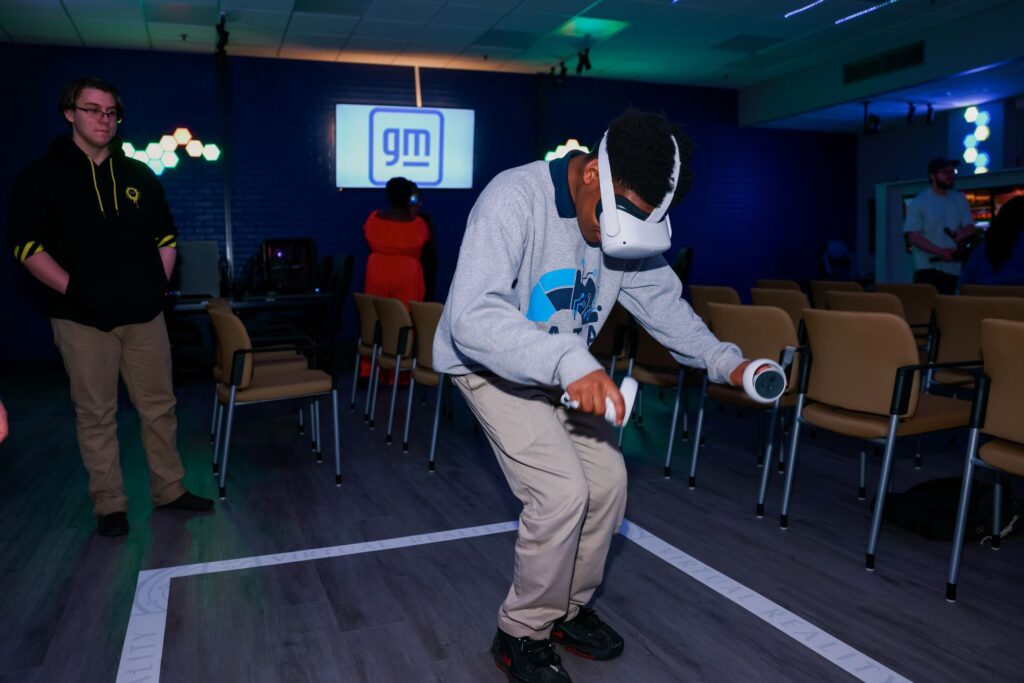
Collegiate esports programs have become a popular activity on college campuses, with many students participating in competitive video gaming events.
While esports is often associated with sedentary behavior, they can actually play a significant role in promoting physical and mental health and wellness among college students.
Comfortability
One of the most obvious ways in which esports promote physical health is through the use of ergonomically designed gaming chairs and desks, which can help prevent discomfort and injuries caused by sitting for long periods.
Back injuries are amongst the most common injuries when it comes to gaming, but with the innovation of ergonomic chairs, and desks, there are more options to improve your physical health while gaming than ever.
building relationships
Esports can also provide mental health benefits for college students, including a sense of community and belonging, stress relief, and an outlet for pent-up emotions.
hard and soft skills
Collegiate esports programs can also provide opportunities for students to develop leadership and teamwork skills, which can be useful in both personal and professional settings and can help students succeed in their academic and career endeavors.
In addition, esports can help improve cognitive function by requiring strategy and quick decision-making, which can improve problem-solving skills and critical thinking.
Esports can also promote physical activity through warm-up and stretching routines and by incorporating physical activities, such as walking or running, into training regimens.
Overall, collegiate esports programs can have a positive impact on the physical and mental health and wellness of college students. It’s important, however, for students to practice balance and moderation, taking breaks, getting enough sleep, and engaging in other physical and mental health-promoting activities. Additionally, collegiate esports programs should prioritize the health and wellness of their players by incorporating resources such as therapists and fitness trainers as part of the program. By promoting a culture of health and wellness, collegiate esports programs can have an even greater positive impact on the overall well-being of their students.

